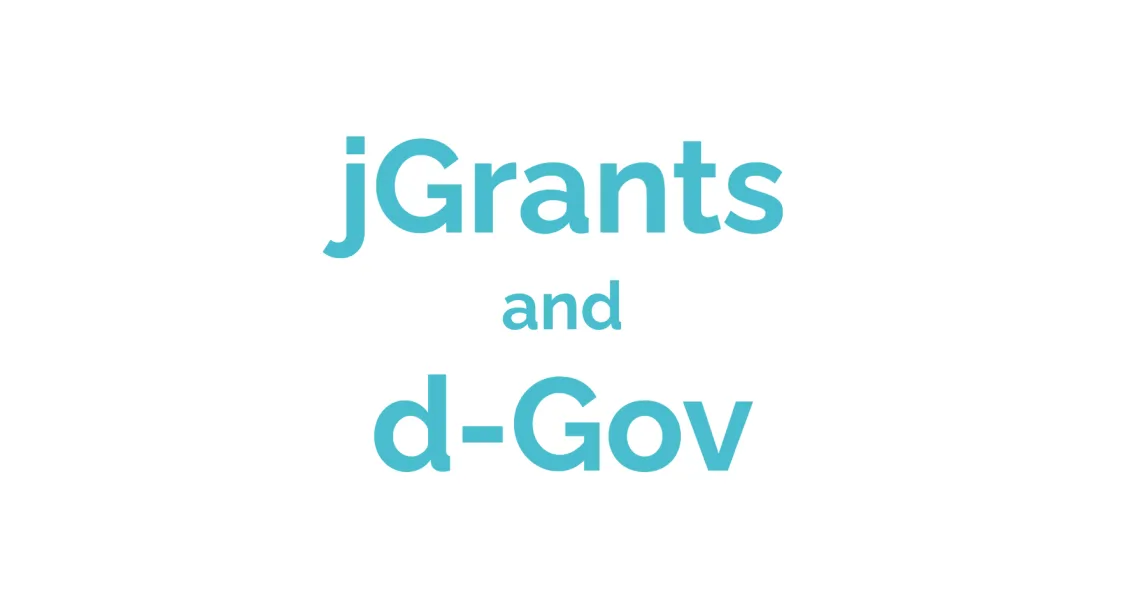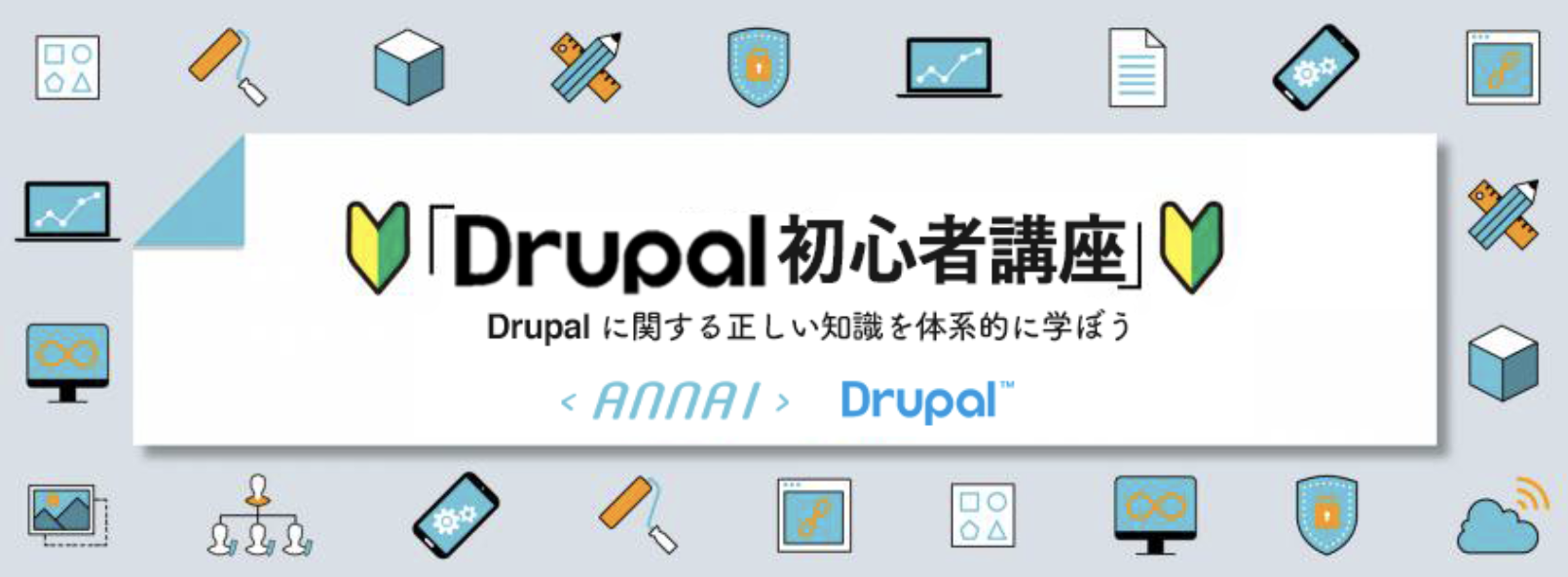
As we have previously announced, we delivered a presentation on jGrants at drupalGov 2020 (https://www.youtube.com/watch?v=6eWTN37B0TQ ). In this presentaiton, we also talked about our vision of the delivery of government services, which we call 'd-Gov'. The slides of the presentation can be downloaded from here.
jGrants (https://jgrants.go.jp) , the cloud-based grants application management system, is positioned as a prototype of a concept which is holistic rather than service-specific. In this blog post, we'd like to explain in detail how d-Gov would benefit both the government and the citizens, which we could not cover during our talk at the event.
About d-Gov
d-Gov is a concept that ANNAI propound; a highly versatile platform that works as an interface between the government and the citizens, whereby establishing a communication flow between the two. Below, we explain what this means and what changes this will bring.
The common workflow of application processes
Applying for a driving license or passport, notifying a birth or registering your marriage - all these processes largely follow the same process, namely:
Form submission -> acceptance (or rejecttion) -> issuance of the certificate/acknowledgement
Regardless, each of hundreds of local governments in Japan build their own system, which results in a considerable waste of tax money and effort. This also leads to issues such as maintenance as well as incompatibility of data between different systems.
d-Gov: one system to serve them all
d-Gov would be a modular and flexible platform which allows the users to build multiple workflows for different application processes while minimising the involvement of software developers. d-Gov would allow the government to improve the efficiency, speed and quality of their services to the citizens and bring them closer together.
Open-sourcing to increase its benefits
No license fees
Unlike proprietary software of services such as Salesforce, jGrants is built on Drupal, the open-source CMS. No per-user / per-installation license fees mean the government can save a significant amount of money.
Reduction in development and maintenance costs
By releasing the code of the systems built for the government under open-source licenses, the tax money won't be paid to a handful of corporations, but it is returned to the taxpayers in the form of code which is reusable. Drupal is used by government organisations in more than 150 countries and in Australia, the government uses Drupal-based CMS distibution to build mosf of the government websites and share the code.
International collaboration
The application flow mentioned above is not peculiar to Japan, but common in many other countries. Releasing the code of d-Gov under an open-source license would enable developers around the globe to collaborate and accelerate the development, which would, in turn, improve the security and usability of the system.
関連コンテンツ
- New features of the Group 2.0.0/3.0.0
- Functional overview of jGrants - The grant application and management system for the Ministry of Economy, Trade and Industry of Japan
- jGrants: Grant application and management system for the Ministry of Economy, Trade and Industry of Japan
- Sponsoring the Group and Subgroup module development
Drupal 初心者講座バックナンバー
-
 Drupal 9/10 初心者講座
Drupal 9/10 初心者講座
-
 第 1 回 歴史に見る Drupal の DNA
第 1 回 歴史に見る Drupal の DNA
-
 第 2 回 Drupal はフレームワークか?CMS か?他の CMS との比較
第 2 回 Drupal はフレームワークか?CMS か?他の CMS との比較
-
 第 3 回 Drupal の特徴
第 3 回 Drupal の特徴
-
 第 4 回 Drupal 9 / 10 のインストール (1)
第 4 回 Drupal 9 / 10 のインストール (1)
-
 第 5 回 Drupal 9 / 10 のインストール (2)
第 5 回 Drupal 9 / 10 のインストール (2)
-
 第 6 回 Drupal にコンテンツを投稿してみる
第 6 回 Drupal にコンテンツを投稿してみる
-
 第 7 回 Drupal のボキャブラリとタクソノミーの使い方
第 7 回 Drupal のボキャブラリとタクソノミーの使い方
-
 第 8 回 コンテンツ管理における Drupal と他の CMS との比較
第 8 回 コンテンツ管理における Drupal と他の CMS との比較
-
 第 9 回 Drupal のブロックシステム
第 9 回 Drupal のブロックシステム
-
 第 10 回 Drupal の標準クエリビルダー Views の使い方
第 10 回 Drupal の標準クエリビルダー Views の使い方
-
 第 11 回 Drupal と他の CMS のクエリビルダー機能を比較
第 11 回 Drupal と他の CMS のクエリビルダー機能を比較
-
 第 12 回 Drupal の多言語機能と他の CMS やサービスとの比較
第 12 回 Drupal の多言語機能と他の CMS やサービスとの比較
-
 第 13 回 Drupal の権限設定と WordPress や Movable Type との比較
第 13 回 Drupal の権限設定と WordPress や Movable Type との比較
-
 第 14 回 Drupal のテーマシステムについて
第 14 回 Drupal のテーマシステムについて
-
 第 15 回 Drupal の拡張モジュールの選定と使い方
第 15 回 Drupal の拡張モジュールの選定と使い方
-
 第 16 回 Drupal をもっと知りたい方に向けた各種情報
第 16 回 Drupal をもっと知りたい方に向けた各種情報


